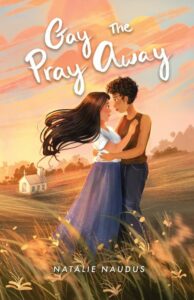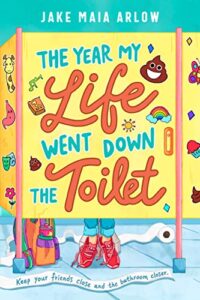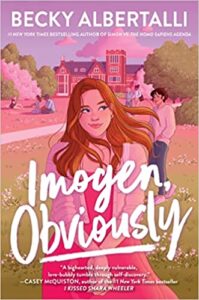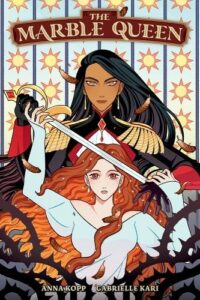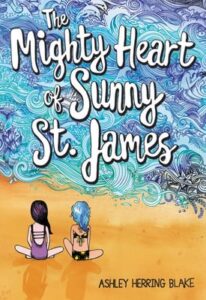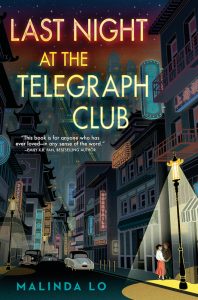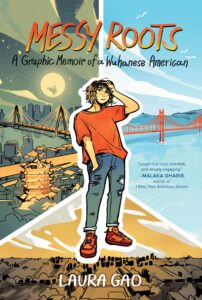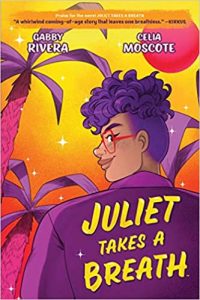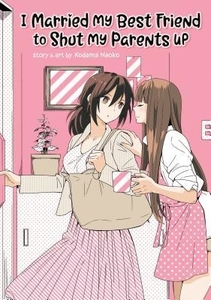Buy this from Bookshop.org to support local bookstores and the Lesbrary!
Natalie Naudus’s debut novel Gay the Pray Away is a young adult romance set in present day, centered around 17 year old Valerie, who is closeted in a very strict religious upbringing (*cough cough* a cult), so if you have childhood religious trauma, mega trigger warnings here.
Valerie Danners—homeschooled since the 3rd grade, when her parents joined “the Institute”—has a love of reading books that aren’t the Bible (discouraged but allowed in moderation) and a serious lack of interest in marriage prospects, much to the dismay of her parents, who believe a woman’s role is to be a wife and mother. Her family’s values are shaped by the “Institute”—essentially a Christian nationalist megachurch whose values are so extreme, they consider even the hardcore Evangelical Christians to be “not Christian enough.”
After stumbling on a queer library book that she just can’t put down, Valerie’s already wavering feelings about her religion are challenged further. Suddenly she’s learning new words like “pansexual,” and reading about characters who express their love without judgment or criticism.
When so-called “troubled teen” Riley, who blasphemously wears pants, has short hair and plans to go to community college, is placed under Valerie’s wing for some ministry and mentorship, Valerie finds her world completely turned upside down. It’s Riley who ends up being the guiding light for Valerie as she comes to terms with her identity.
Valerie is struggling with a lot of issues, not just her sexuality. Religion has been such a huge part of her life, she’s at odds with how to approach her spirituality outside of her strict upbringing—is there any part worth salvaging? And while at times it seemed Valerie was adapting to her moments of self-discovery and coming to terms with her newly discovered queerness far too quickly, I kept reminding myself that she was already questioning her family’s beliefs and how she fit into their world as the story opened.
The book includes many heavy themes, and physical and emotional abuse occur both on and off the page, though Naudus softens the edges of this narrative with humor throughout. Tension is high, and I was wringing my hands anxiously during Valerie’s uncomfortable and toxic interactions with both her family and her supposed best friend, a friend who has her own serious issues. As Valerie works through her plan for the future, she remains at odds with wanting her parents’ love and acceptance, despite how they treat her, and that constant questioning makes each decision all the more difficult.
I found it interesting that there is no exact geographic location mentioned until the end of the story (we only learn the state), which feels intentional on the author’s part. The detail both drives home the point that location is irrelevant, the story could take place anywhere, but it also introduces a sort of underlying feeling of isolation. I especially loved all the wholesome moments spent in the library and its portrayal as a safe space and refuge, not to mention one of the most important characters in the book who never even gets a name: the librarian who looks out for Valerie.
In the author’s forward, Naudus, who’s also a prolific audiobook narrator, lets us know that she’s writing from experience, and this is exactly the kind of book she would have loved to have found when she was younger.
Content Warnings: Physical and emotional abuse, childhood trauma, religious trauma, homophobia, misogyny, racism, arranged marriage, child abuse

